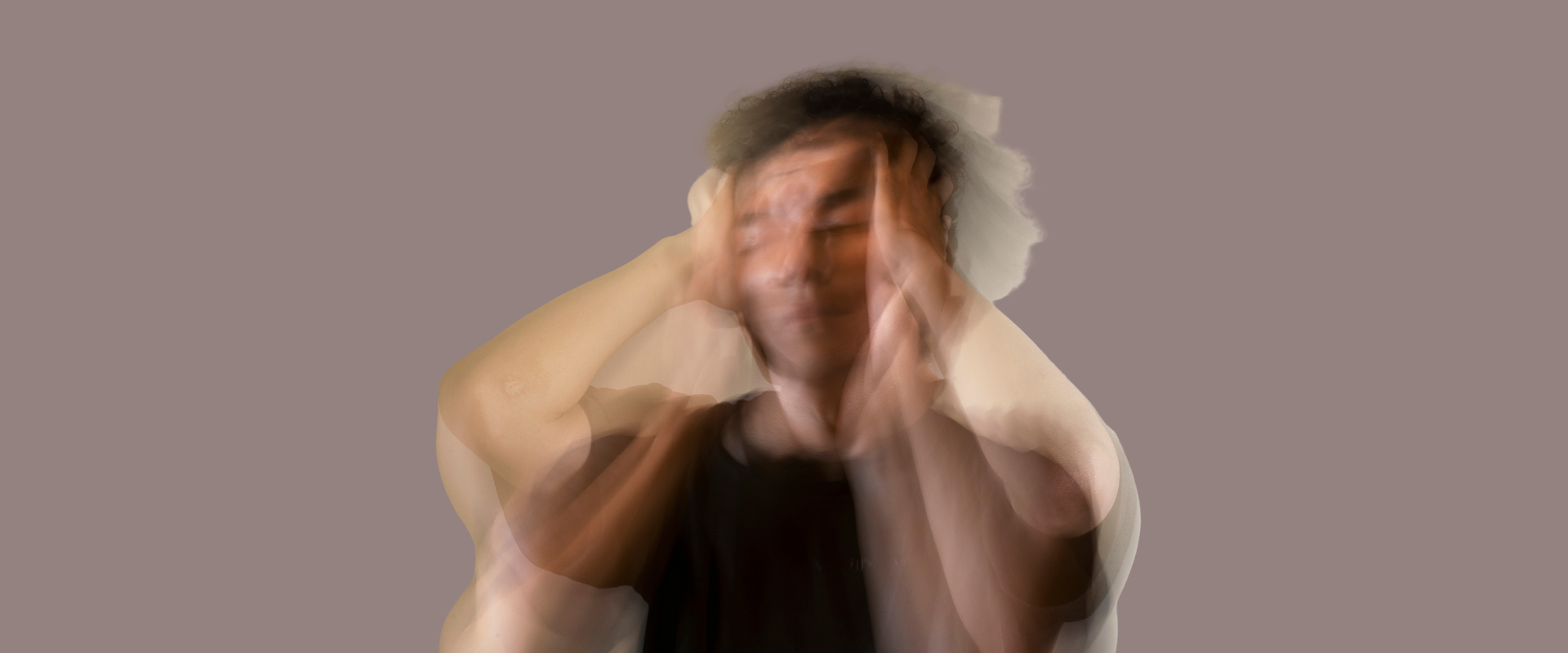
Can Anxiety Cause Erectile Dysfunction in Men in Their Mid 30’s and 40’s?
If you’re in your 30s or 40s and you’ve noticed a change in your sexual performance, you’re not alone , and you’re certainly not broken. Many men in this age group, even those in good physical shape, experience problems in the bedroom that leave them questioning what’s going on.
One of the most overlooked culprits? Anxiety.
We’re not talking about the occasional nervousness before a big meeting. We mean the kind of persistent, low-level (or sometimes high-level) worry that builds up over time , about work, family, health, or even intimacy itself. And yes, that mental strain can directly affect sexual function.
Why Anxiety Affects Erections
An erection isn’t just a physical response. It’s a mind-body handshake that requires clear signals from the brain, proper nerve function, good blood flow, and balanced hormones. When anxiety kicks in, your brain shifts priorities.
Instead of relaxing into the moment, your body switches to “fight or flight” mode. Stress hormones rise, blood vessels tighten, and suddenly your system is more concerned about survival than pleasure. It’s not about desire , it’s about your body following biology.
Why It’s Common in Men in Their 30s and 40s
These are high-pressure years. Career expectations are often at their peak. Financial responsibilities , mortgage, kids’ education, supporting family , can feel heavy. You’re managing relationships, health, and ambitions all at once.
Even if your body is in good physical condition, chronic mental strain can slowly chip away at your sexual confidence. For some men, that first “off” experience creates worry… and that worry can repeat itself the next time, creating a loop.
How to Spot Anxiety-Induced Erectile Dysfunction
The signs can be subtle at first:
- Erections that are fine when you’re alone but unreliable with a partner.
- Feeling distracted, tense, or mentally “checked out” during intimacy.
- Worrying ahead of time that you won’t perform , and then noticing it happens more often.
- Other signs of stress like tense shoulders, shallow breathing, or a racing heartbeat.
One key indicator? Inconsistency. If it’s happening sometimes but not all the time, anxiety might be playing a big role.
How Stress Turns Into ED
It usually follows this chain:
- A stressful situation builds up.
- Anxiety triggers your brain’s alarm system.
- Blood flow to the penis is reduced.
- The experience creates doubt, which feeds into the next attempt.
Over time, this can become stress-related ED, even when there’s no underlying physical cause.
How to Fix ED from Anxiety
The goal is to address both the mental and physical sides:
- Therapy (especially CBT): Breaks the mental cycle of worry.
- Mindfulness practices: Breathing exercises or meditation can lower performance pressure.
- Lifestyle changes: Better sleep, regular exercise, and less alcohol often improve performance naturally.
- Open conversations: Talking with your partner removes some of the fear around the subject.
For some men, working with both a therapist and a urologist offers the best results.

Can Stress and Anxiety Be Managed to Improve Function?
Yes , and for many men, the improvement comes faster than expected once they actively work on stress. This might mean scheduling downtime, setting healthier work boundaries, or learning practical coping techniques.
Think of it like a physical fitness routine, but for your mental state. When your stress levels drop, your body’s natural responses , including sexual arousal , often return.
When to See a Specialist
If the problem has been around for more than a few months, or if you’re unsure whether it’s caused by anxiety, a specialist can help. At Urologichealthdubai, we look at the full picture , physical health, hormone levels, and psychological factors , before suggesting treatment.
Sometimes anxiety is the only factor. Sometimes it’s part of a bigger mix. Either way, getting help early can stop it from becoming a long-term pattern.
Conclusion
So, can anxiety cause erectile dysfunction? Absolutely , and it happens more often than you might think, especially during life’s busier, more stressful decades. The good news is that it’s highly treatable, and for many men, the first step is simply talking about it.
If you’ve been dealing with it quietly, now might be the time to reach out. A conversation with a doctor can be the start of getting things back on track , not just for your sexual health, but for your overall well-being.
FAQs
Q1. Can anxiety really cause erectile dysfunction in healthy men?
Yes. Even men with no physical health issues can experience ED if their anxiety levels are high enough to interfere with arousal and blood flow.Q2. How do I know if my ED is from anxiety or a physical problem?
If your erections work during masturbation or in the morning but fail during partnered sex, anxiety is likely playing a role. A doctor can help rule out physical conditions.Q3. Does age make anxiety-related ED worse?
It’s most common in men in their 30s and 40s due to life stress, but it can happen at any age. With age, physical factors may also contribute.Q4. How quickly can anxiety treatment improve ED?
Some men notice treatment improvement of erectile dysfunction within weeks of therapy or stress management. Others take longer, depending on the severity and underlying factors.Q5. Can medications for anxiety or depression cause ED?
Yes. Some antidepressants (SSRIs) and anxiety medications list ED as a side effect. Never stop these without consulting your doctor — alternatives are often available.Q6. Do PDE5 inhibitors (like Viagra or Cialis) work if ED is caused by anxiety?
They can help temporarily by improving blood flow, but they don’t address the root cause. Pairing medication with therapy provides the best outcome.Q7. Can anxiety cause ED even if I still feel sexual desire?
Yes. Desire may be present, but anxiety blocks the physical response by keeping your body in “fight or flight” mode.Q8. Will exercise and meditation really help ED caused by anxiety?
Absolutely. Exercise reduces cortisol (stress hormone), while meditation calms overactive brain signals. Together, they improve both confidence and performance.Q9. Should I see a urologist or a psychologist first?
Ideally, both. A urologist can rule out physical causes, while a psychologist can treat anxiety. Many men benefit from a team approach.Q10. Is anxiety-related ED permanent?
No. With the right support, most men fully recover. The key is addressing it early and not letting worry build into avoidance or long-term dysfunction.
